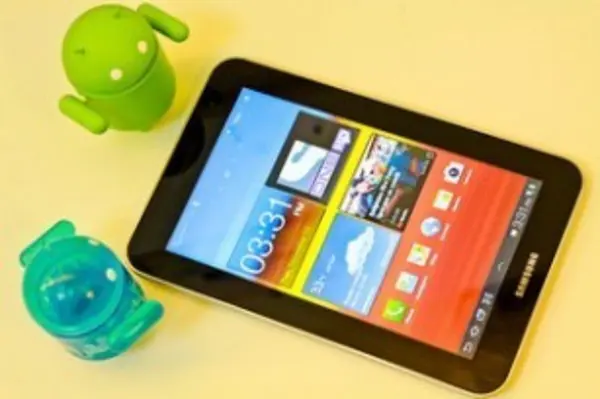In a bid to bridge the digital divide, Samsung has rolled out a digital learning solution, eLimu, in Kenyan primary schools, which will utilise basic education applications uploaded onto Samsung devices such as the Galaxy Tab 7.0
Samsung Electronic East Africa business leader, Robert Ngeru, announced, “We are proud to be unveiling this kind of education solutions in Kenya to boost basic education development and overall digital dividing efforts.”
Meanwhile, mobile phone service provider Safaricom and software developer Intersol have developed a learning management system that will allow students to access information and interact with teachers online.
Under the programme, Starehe School – one of the country’s leading secondary schools – has begun to digitalise its lessons, which will then be shared on the Safaricom cloud for other schools in the country to access using interactive electronic smart whiteboards provided by Intersol.
With more than 17 million subscribers stretching the breadth of the republic, Safaricom network cloud can be accessed by all Kenyan schools that have the necessary basic connectivity facilities – a screen, a camera and reliable internet connectivity.
Safaricom general manager Sylvia Mulinge said, “Once fully adopted, the programme will help those schools with limited facilities and few teachers to access quality education materials as well as help more students access learning services.”
One major challenge to the programme, however, is that the smart boards require 240V of power and, considering that less than 50 per cent of educational institutions have access to the national power grid, this is not an available option for many of the country’s rural schools.
For a fee the educational content may also be accessed through computers and other mobile devices.
Safaricom senior manager – public sector, Ronald Osumba, said, “We are working with Starehe to define the cost, although it will cost less than a dollar per class. We plan to have the system integrated with Mpesa platform to enable remote payment.”
Furthermore, although Safaricom is working closely with clients to make these devices available, funding to satisfy establishments with a large number of students is a significant challenge.
Starehe, for instance, only has two smart boards and 25 tablets in a school consisting of 28 classes and more than 900 students.
Nevertheless, the school has started benefiting from the programme, with nine of its teachers having recorded their lessons under the programme.
Mwangi Mumero






















